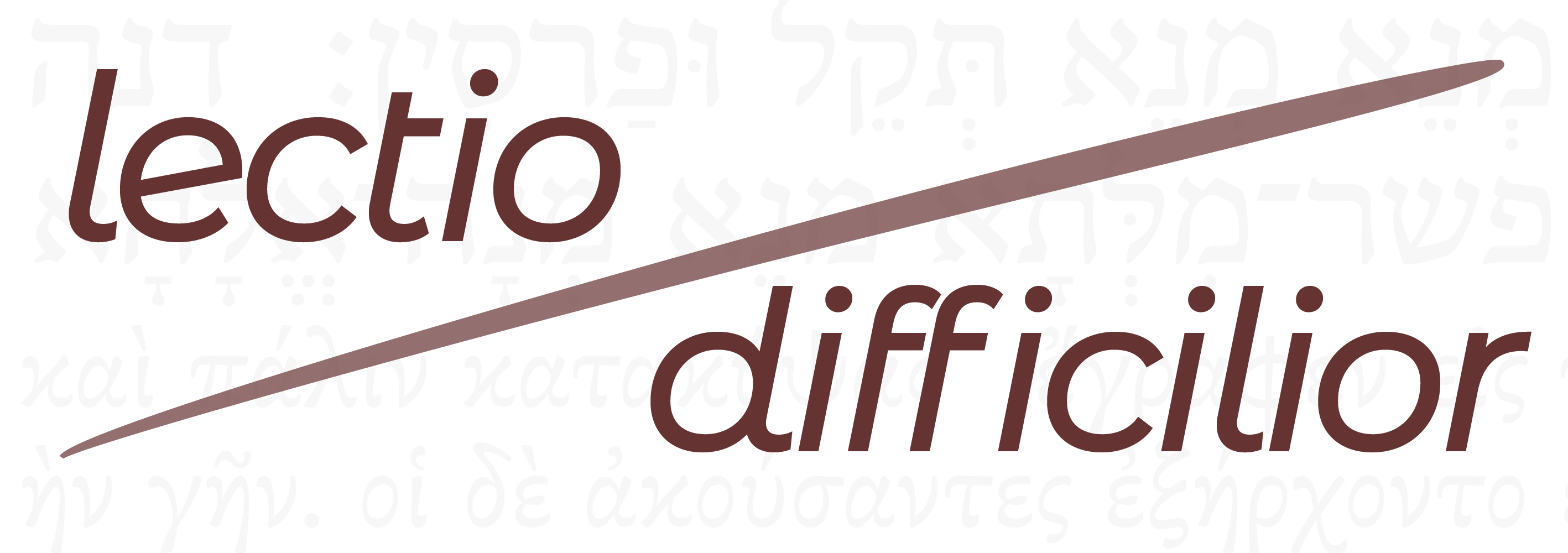About the Journal
lectio difficilior provides a platform for feminist, gender-critical, queer and intersectional engagement with biblical texts, their historical contexts and also their reception history. People of any gender may publish with us. Lectio difficilior is a Diamond Open Access online journal.
